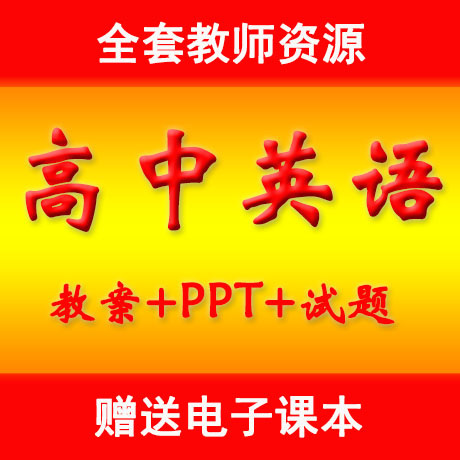
全套PPT教案试题(送电子课本)
【展示课】
1.3Great Scientists PPT: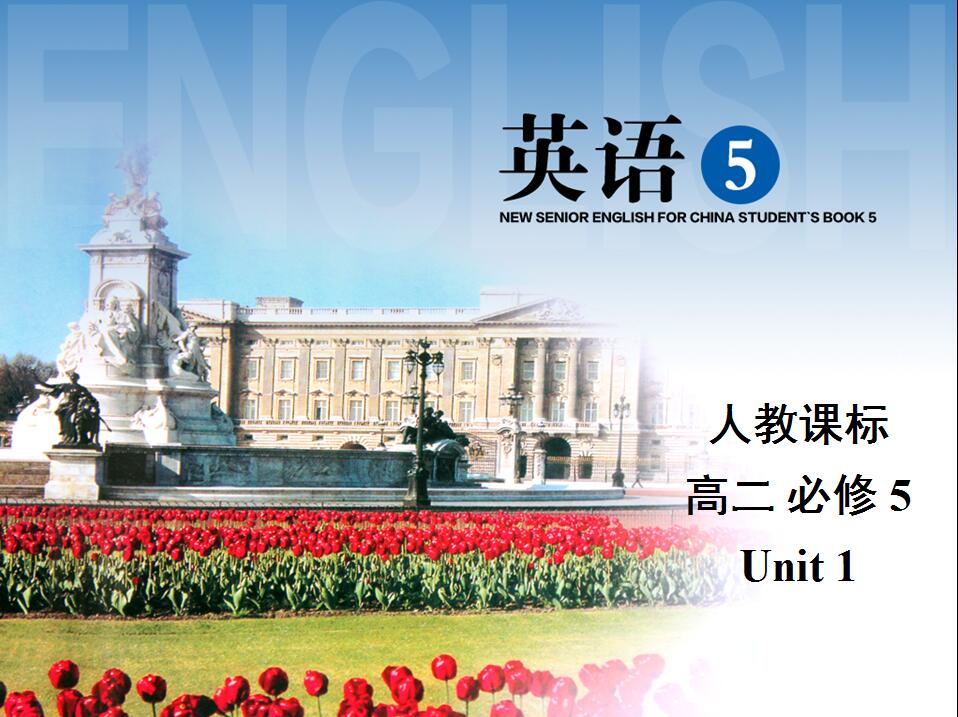
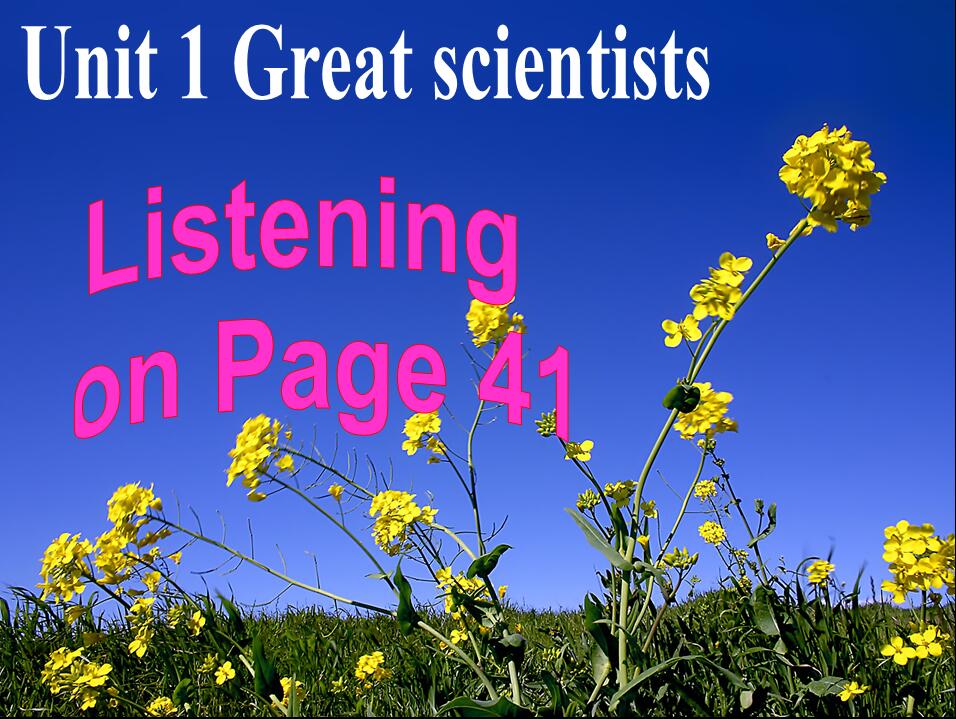
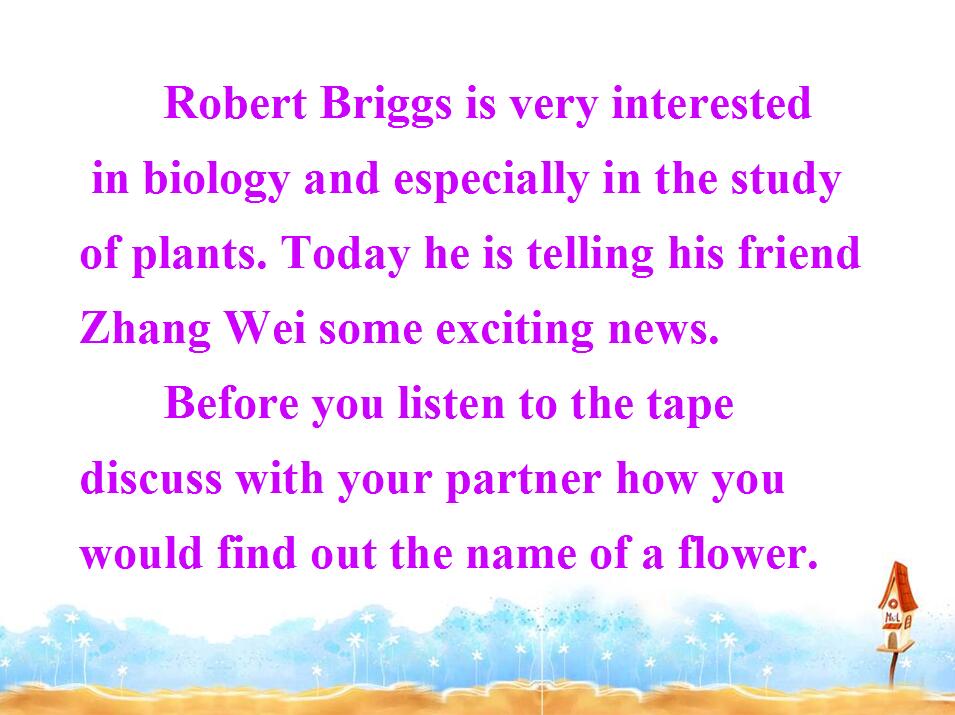
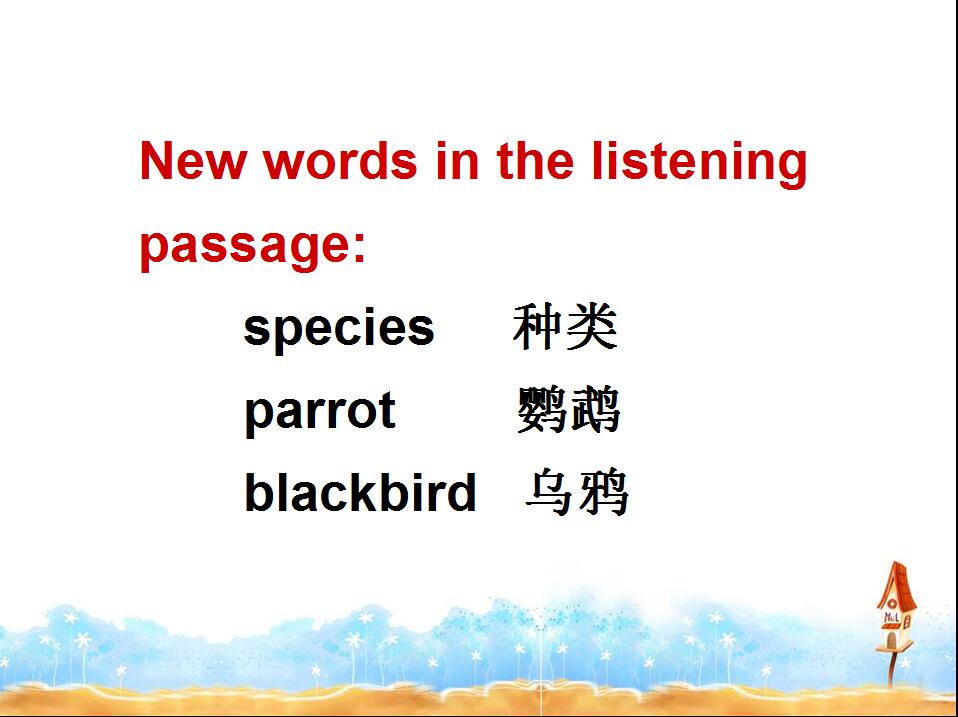

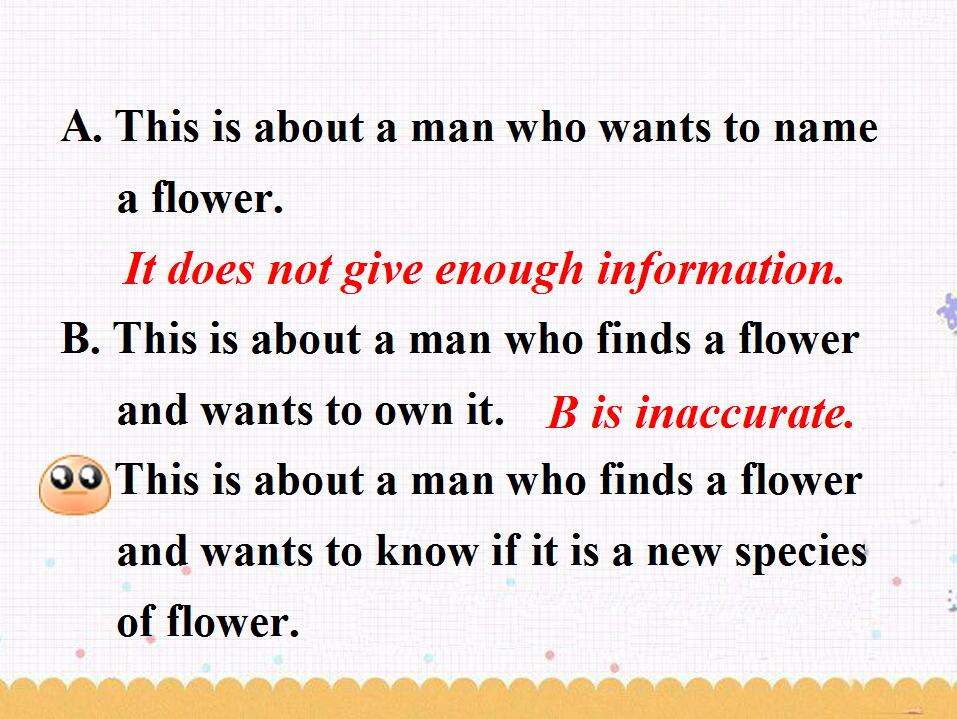
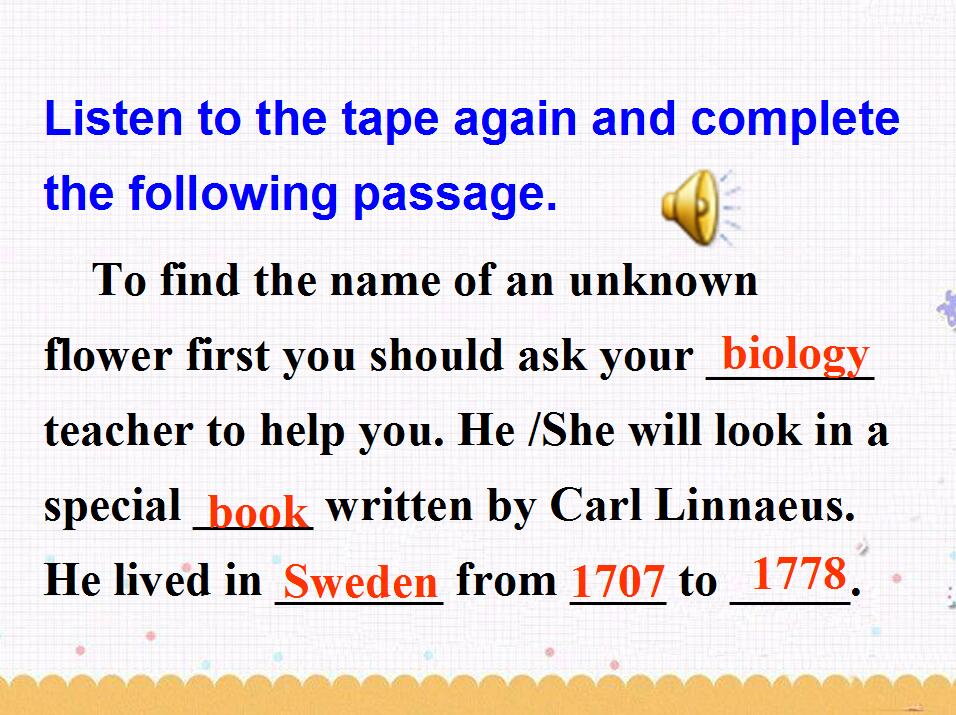
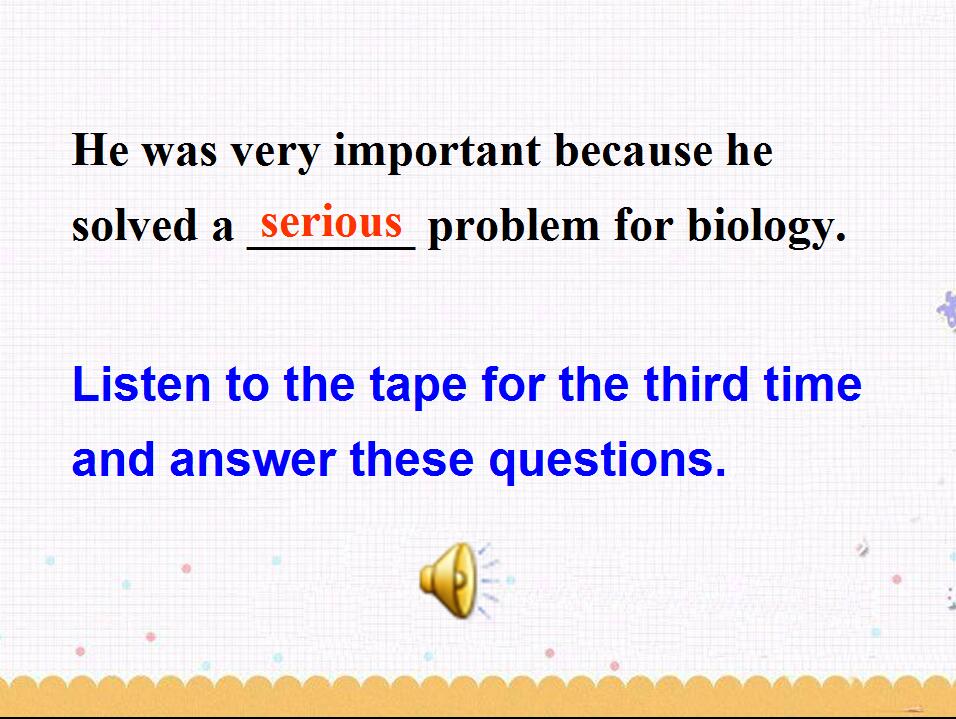
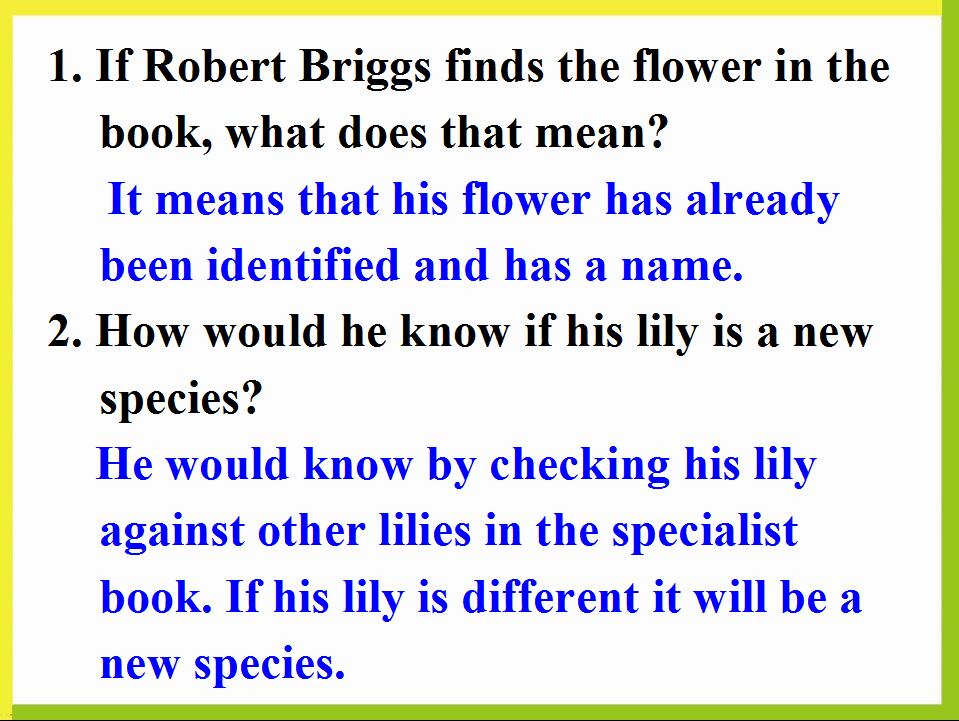
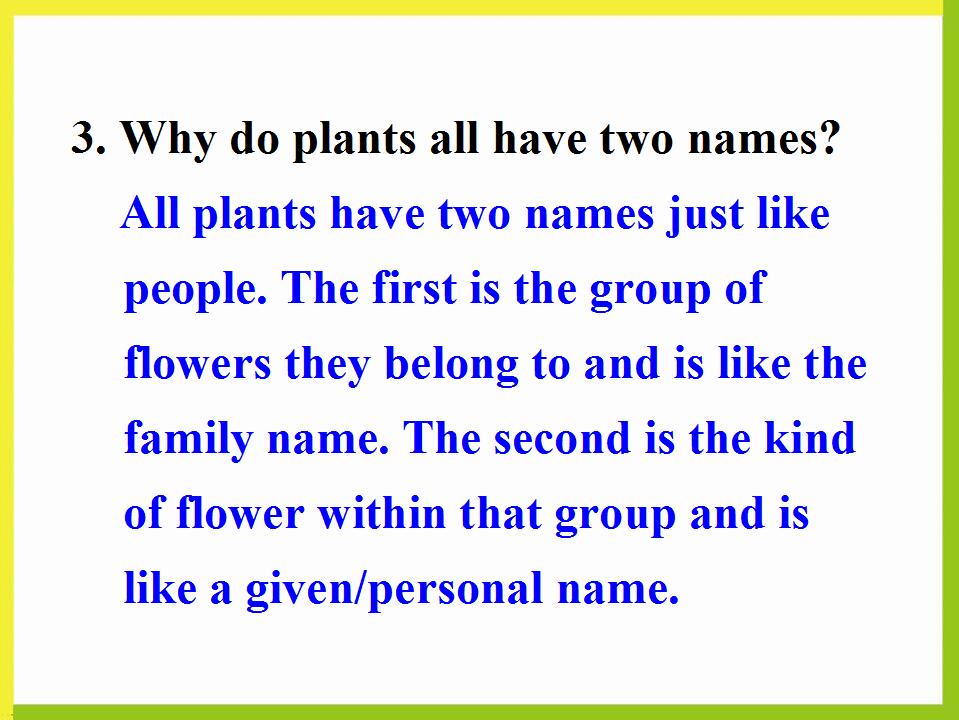
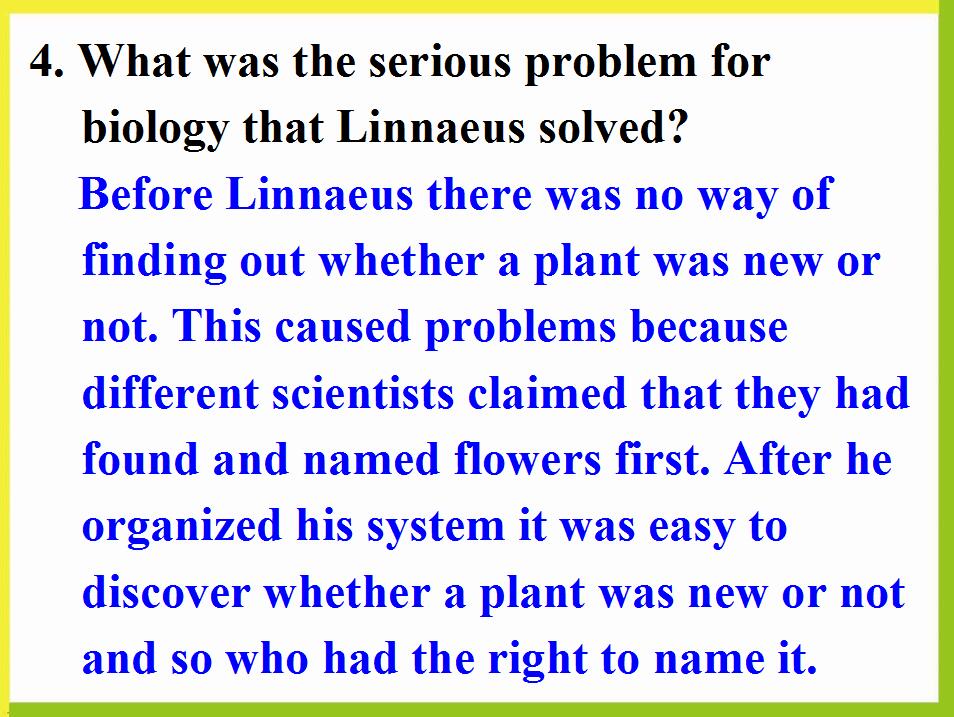
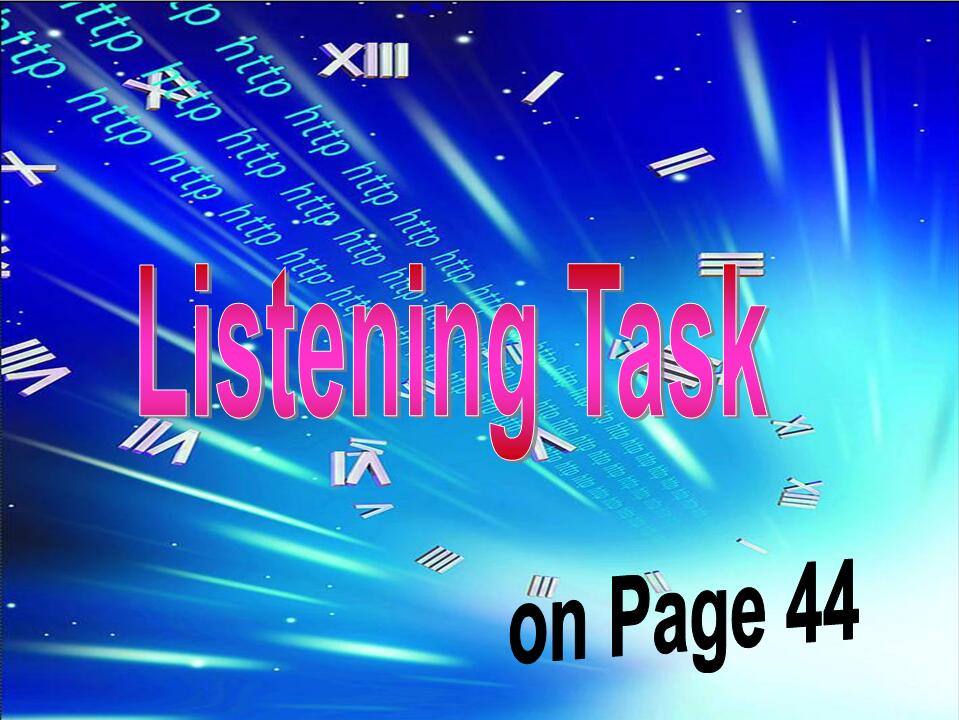
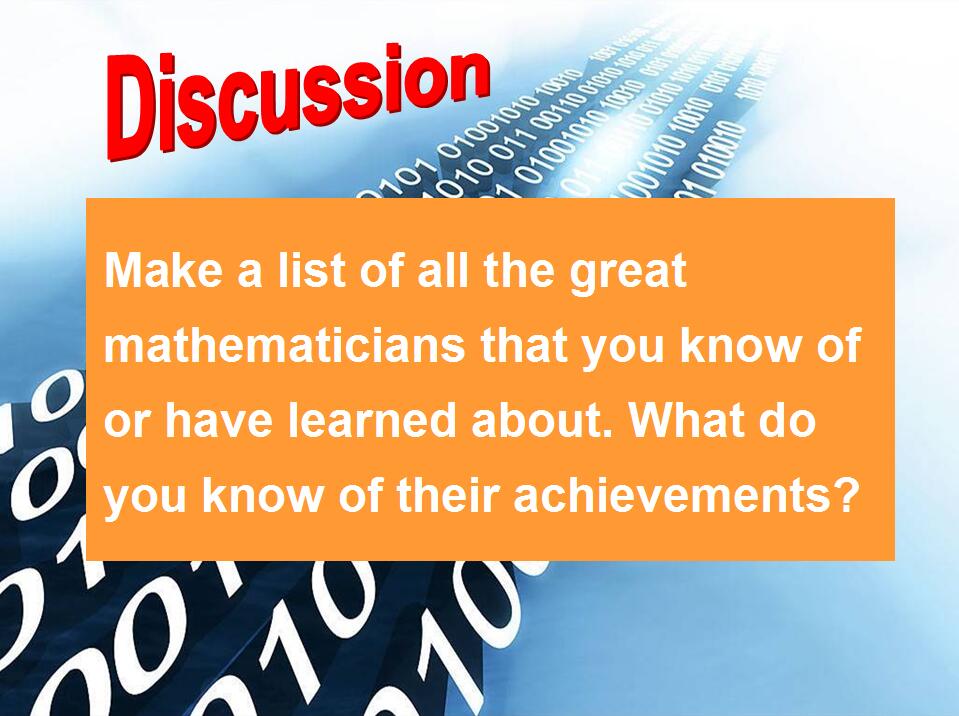
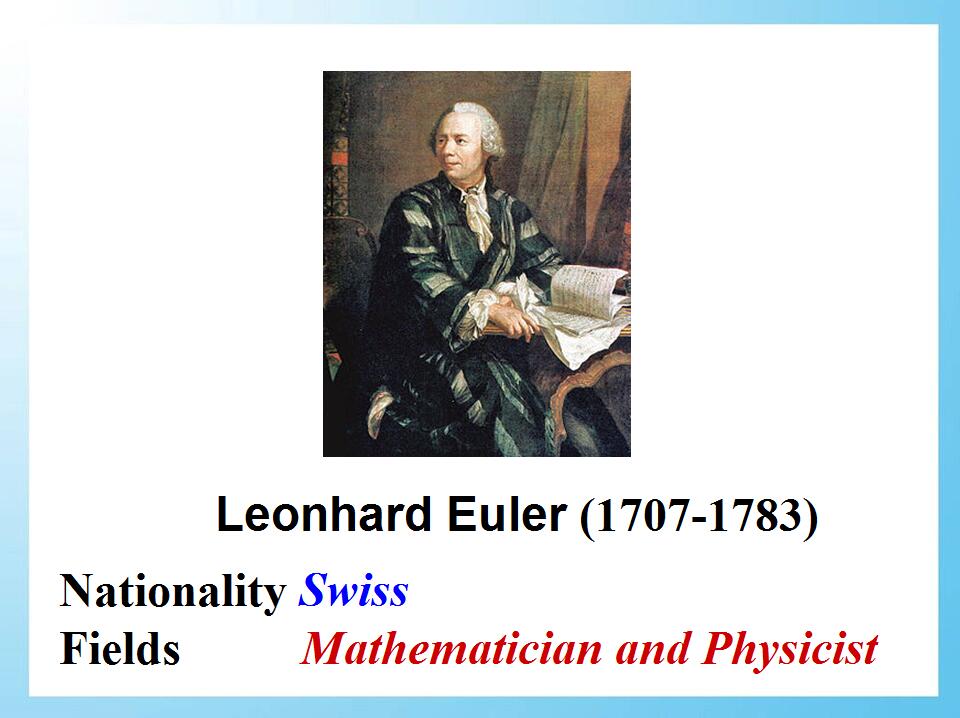
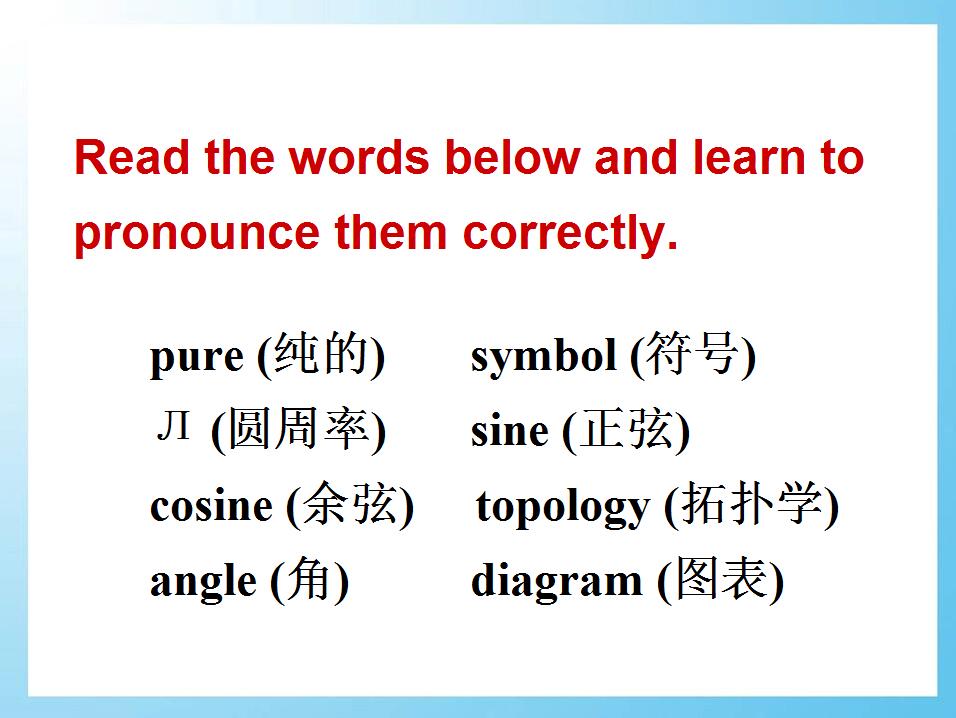
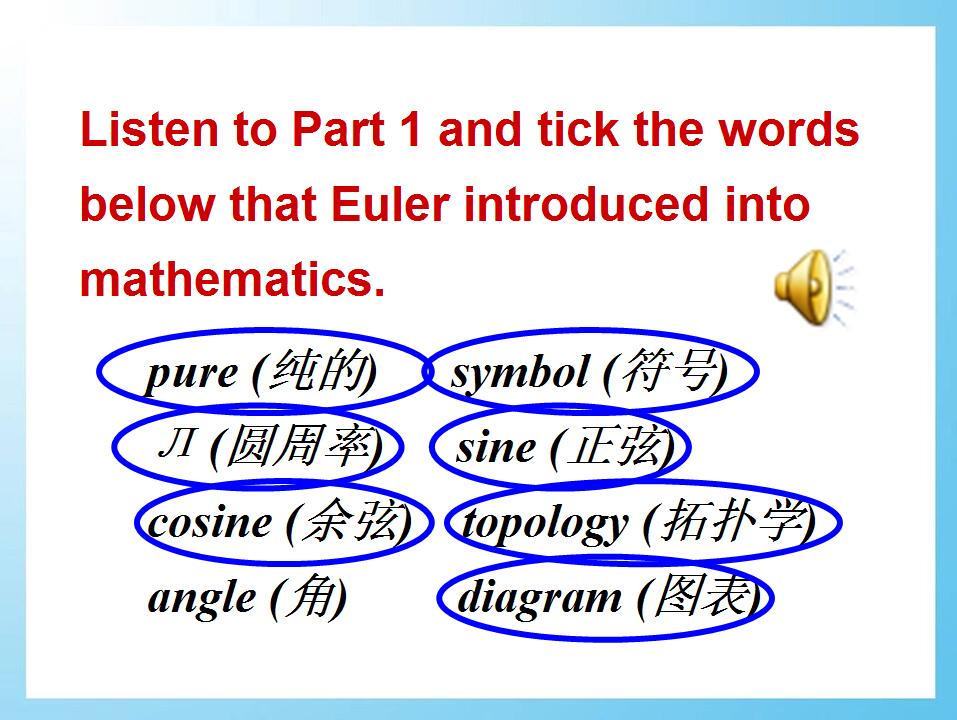
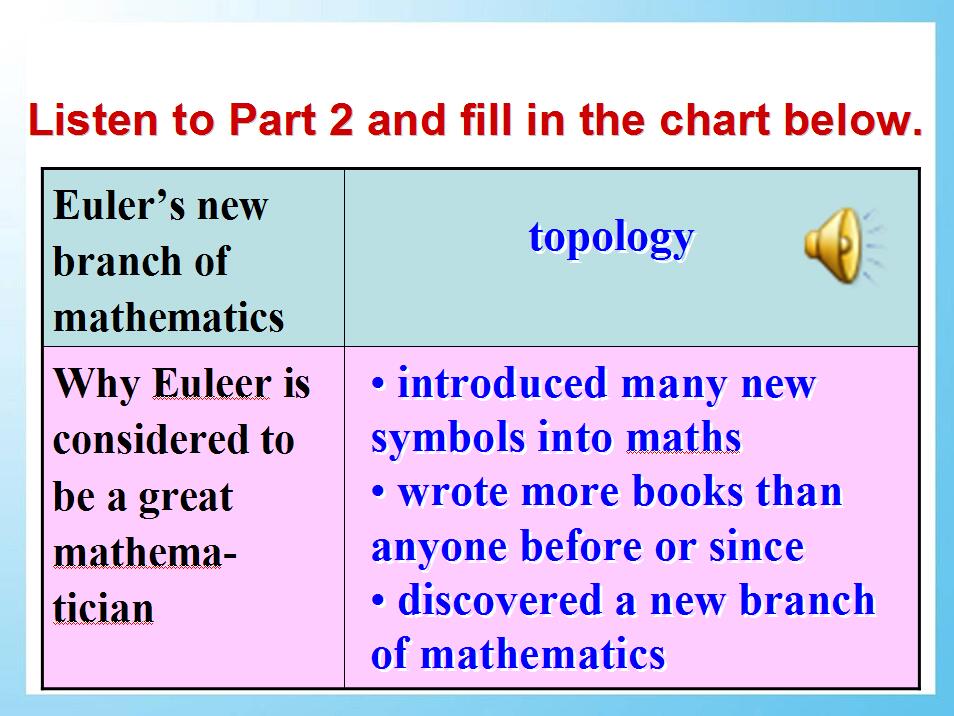
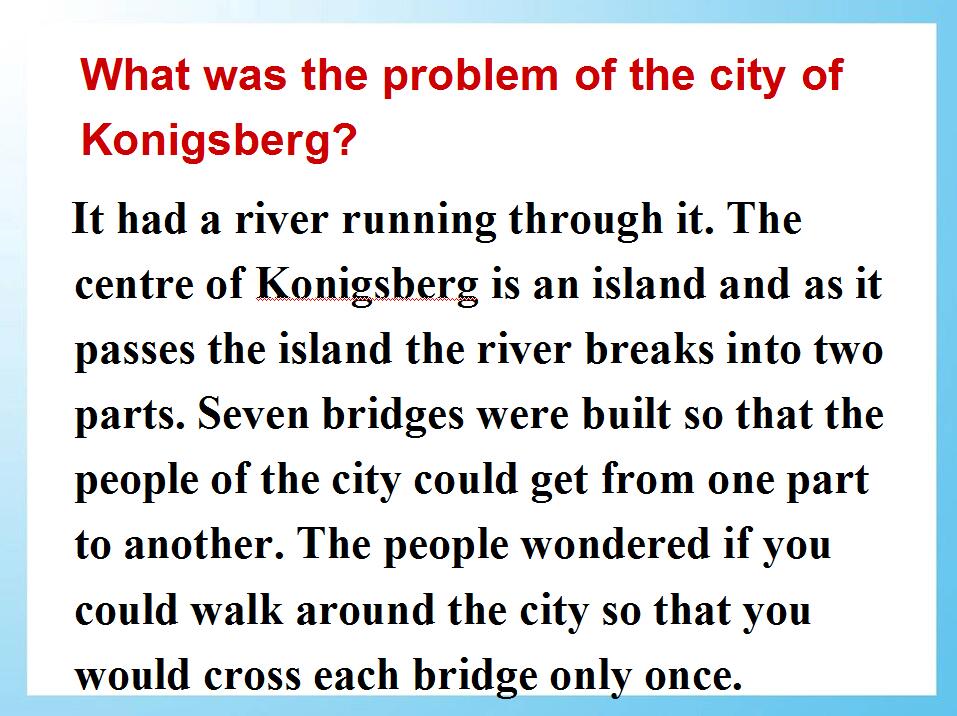

1.3Great Scientists 教案:
Teaching Important Points
Train the students’ speaking ability by describing, talking and discussing.
Help the students improve their listening ability.
Teaching Difficulties
Train the students’ listening ability. Especially listen and understand what the speakers mean beyond words.
Teaching Aids
a tape recorder, a projector and the blackboard
Three Dimensional Teaching Aims
Knowledge aims:
Let the Ss know about some scientists and their life and contributions.
Get the Ss to learn how to talk about scientific work and how to describe a person.
Ability Aims:
Train the students’ speaking ability by describing, talking and discussing.
Train the students’ listening ability.
Emotional Aims:
Train the students’ ability to cooperate with others.
Encourage the students to learn from scientists to show interest in scientific exploration and research.
Teaching Procedure
Step 1 Greeting
T: Hello, boys and girls.
Ss: Hello, Miss Wang.
Step 2 Revision
T: Today we will begin our lesson with a competition between groups. In the last period, we learnt about John Snow who defeats “King Cholera”. Now, please say something that you know about it. If you offer a complete sentence, you will be given ten marks. Your group will be given twenty marks when your expression is especially beautiful.
S: John Snow was a well-known doctor in London, who attended Queen Victoria to ease the birth of her babies.
S: He became inspired when he thought about helping ordinary people exposed to cholera, which was the deadly disease of his day.
S: John Snow got interested in two theories explaining how cholera killed people.
S: He believed in the second theory that is people absorbed this disease into their bodies with their meals. From the stomach the disease attacked the body quickly and soon the affected person was dead.
Ss: . . .
(The teacher should encourage more students to join in the competition. At the end of the competition, the teacher should announce the result of this competition. Praise the winner and encourage the losers. )
T: What can we learn from John Show?
S: We should base our theories on practice.
S: We are inspired to have a spirit of scientific exploration.
S: We do some research with the purpose of serving the people and society.
Ss: . . .
T: Yes, we can learn a lot from the scientist. In fact, there are a great number of people working on science worthy of being learned both at home and abroad. Can you name some scientists and introduce their main contributions?
S: Archimedes, who discovered that objects in water are lifted up by a force that helps them float.
S: Darwin wrote a book explaining how animals and plants developed as the environment changed.
S: Madam Curie discovered radium.
S: Stephen Hawking put forward a theory about black holes.
S: Zhang heng invented the earliest instrument to tell people where earthquakes happened.
Ss: . . .
T: You did a good job and listed many scientists as well as their contributions. Today, we are going to learn about more scientists.
Step 3 Listening (on Pages 5-6)
Task 1 Pre-listening
T: First let’s enjoy the picture. What can you see?
S: President Jiang Zemin and an old man.
T: President Jiang Zemin visited Qian Xuesen.
T: What have you already known about Qian Xuesen?
S: He is a Chinese scientist, whose research mainly centers on Physics.
S: He is honored as “Chinese Rocket Father”.
S: He has made great contributions to space travel in
T: Good. You seem to have a good knowledge of him. Qian Xuesen is a famous scientist who has contributed much to the country’s cause of science and technology.
Task 2 First Listening
T: We are to listen to the material, which is about Qian Xuesen. Yu Ping is telling her friend Steve Smith about Qian Xuesen’s life. If you were Yu Ping, what topics would you like to cover when introducing him?
S: The date when he was born and he died;the place where he was born, lived, studied and died;his family;his experience;his achievements;his contributions
T: Excellent. When we talk about and introduce a scientist, we usually describe these aspects. Now, listen carefully and tick out which topics are mentioned in the tape.
(After listening, let them check the answers. )
Task 3 Second Listening
T: This time. You’ll write down the answers to the five questions. Boys and girls, how can we write the answers fast and correctly?
S: We should go through the questions first and keep them in mind. When we are listening, we just need to pay much attention to the sentences related to the answers.
S: We needn’t write down each word of the answers. We just write down some key words. Later we can write down the complete answers with the help of these key words.
T: You are clever. Now please get ready. First, look through the introduction to the listening material. Then, scan the questions.
(Two minutes later, the teacher plays the tape. Then give Ss time to organize their sentences. )
T: Let’s check the answers one by one.
(If the students make some common mistakes or they seem to have difficulty in finding out answers, teachers can give them some hints and let them listen to it again. After that, check the answers. If the students feel it difficult to make sense about the key words and understand the speakers’ intention and attitude, the teacher should give them some help. )
Task 4 Post-listening
T: After listening, would you please answer some questions?
1 What did you hear on the tape?
2 What can you learn from Qian Xuesen?
(At this part the teacher may have the students present what they have heard on the tape and show their own opinion about what they have learned from him. If possible, the teacher may have some of the students do the presentation work in class. By doing this, the students can get full understanding of what the tape is talking about. )
Step 4 Listening (Page 41)
Task 1 Pre-listening
T: Just now we learned about a Chinese scientist, Qian Xuesen, who has made great contributions on space travel in
S: Carl Linnaeus, maybe Darwin.
T: You are right. Both scientists did study botany and devoted their time to the research. As we know, Carl Linnaeus developed his system about how to classify species. While Darwin wrote a book on the Original of Species, in which he explained how animals and plants developed as the environment changed. The following is about Carl Linnaeus.
T: Now, read the instructions about the listening and choose which of the following statements mist closely describes what this listening passage is about. Explain why the others are wrong.
S: I think the third one is right. This is about a man who finds a flower and wants to know if it is a new species of flower. Because he is interested in biology and especially in the study of plants. What he wants to do is to study whether it is a new species. The other two statements can not convey the study.
Task 2 Listening
T: What you said is reasonable. Let’s listen together to find whether your answer is right.
(After listening, let them check the answers. )
T: Listen to the tape again and try to complete the following passage.
To find the name of an unknown flower, first you have to go to see a flower __________he/she will look in a special __________written by Carl Linnaeus. He lived in__________ from__________ to __________. He was very important because he solved a serious problem for __________. He saw all plants and animals produce __________. Some animals produce __________but others lay __________while plants__________. He used these different ways of producing young to put plants and animals into__________. For example, the group called birds lay __________to produce young and they all have __________. Linnaeus put the plants and animals into smaller groups or species. He gave each one two names. One is for the large group, for example __________and one is for the species, for example __________. So a parrot would be __________. He was the first person to successfully classify all plants and animals.
Task 3 Post-listening
Let the students fill in the blankets and then check. If the students feel it difficult to do it, let them listen it a third time. After checking the answers, ask the students to read it together.
Step 5 Listening (Page 44)
T: Look at the screen and let’s read the following new words firstly.
(These words are presented on the screen: analyse, pure, foundation, symbol, sin, cosin, geometry, calculus, mechanics, practical, topology)
T: Can you guess which field the next scientist is in according to the new words?
S: The next must be a mathematician.
T: Right. This mathematician is Leonhard Euler. John Smith is discussing with Zhao Yang his research into the life and work of a mathematician called Leonhard Euler. Listen to the tape and fill in the chart on the importance of Euler’s work.
Step 6 Speaking(After listening, ask some students to fill in it. If many students feel it difficult, let them listen to it again. While doing it, the teacher can also ask two students to come to write the answers on the blackboard. The teacher had better give them praise if they do it well. )
Task 1 Lead-in
T: Boys and girls, from the listening material, we know about some scientists. Do you have a dream to be a scientist in the future?
Ss: Yes. /No.
T: Suppose you would like to work as a scientist, and you are discussing with your partner about your future job. What questions would you like to concern?
S1: What job do you want to do?
S2: How will you get the job?
S3: What preparations will you make for the future job?
T: Right. Apart from those, we can also talk about the following questions:
1 What education will you need?
2 What personality will be needed?
3 What work experience would be useful?
4 How long will the training take?
5 How will you prepare for this career?
T: These expressions may help you:
I always wanted to. . . because. . . The experience I will need is. . .
I might find it difficult to. . . I need to practise. . .
My greatest problem will be to. . .
I will need to be/become. . .
patient, creative, hard-working, co-operative, confident, brave, positive, pleasant, polite, determined, energetic, strict with. . .
Task 2 Dialogue (pair work)
T: Now it is time to discuss what scientific job each of you would like to choose in the future with the help of the mentioned questions and expressions in pairs. I will give you five minutes to prepare for it. After that I will let some of pairs to come to act it out.
Sample:
A: What job do you want to do in the future?
B: I always want to be a botanist.
A: If you want to be a scientist, what education will you need?
B: I will try my best to go to a key university to learn and study botany.
A: What work experience would be useful?
B: The experience I will need is to study wild plants in the wild when I am at school. Now, I join the social natural club organized by our school. Every time I make every effort to overcome difficulty to study plants in the wild.
A: Do you know what personality will be needed if you want to be a scientist in the future?
B: I will need to be patient, creative, hard-working, brave, energetic and co-operative.
A: Yes, I agree with you. Besides those personalities, we also should be determined, confident and positive.
B: I will make efforts to own such good quality.
A: How will you prepare for this career?
B: I intend to go to college next year and then I will have a chance to be a scientist. But my greatest problem will be whether I will be able to go to university in the future.
A: Don’t worry about it and just get down to preparing for it. Good chances always belong to the persons who have already prepared for them. I am sure you will succeed if you keep working hard. I am waiting for your good news.
B: Thank you for your encouragement. I will make full use of time to struggle for success.
Task 3 Free-talk
T: Let us talk freely. You are allowed to move about to find a student you’d like to talk with. Imagine you are going to meet a specialist about a newly-found flower. Your partner will be the assistant for the flower specialist. You both need a description of the other so you can recognize each other when you meet. Now ring the assistant to sort out the necessary information.
(Of course, following the above, the students may gather around or move around to find their own favorite partners to talk with. This is a half-controlled activity. Teachers let them express whatever they want to on condition that there are some expressions on the theme. Give them about five minutes to prepare for it. Later, ask some pairs to act it out. As usual, the teacher won’t forget to give comments on what the students do, including the teacher’s words praising what they are doing in the first few stages. Only in this way are the students encouraged to talk freely about what they want to say and why they think so. )
Step 7 Summary and Homework
T: In this period, we mainly focus on the speaking and listening abilities. If you feel listening or speaking poor, you had better practice more after class. Practice makes perfect. Today’s homework is to describe a scientist to your partner and let your partner guess who she/he is. Then exchange.
The Design of the Writing on the Blackboard
Unit 1 Great scientists
Period 3 Listening and Speaking
The questions may be useful to discuss the scientific job, | The expressions may help you to discuss your future scientific job. |
What job do you want to do? What education will you need? What personality will be needed? What work experience would be useful? How long will the training take? How will you prepare for this career? | I always wanted to...because... The experience I will need is... I might find it difficult to... I need to practise... My greatest problem will be to... I will need to be/become patient, creative, hard-working, co-operative, confident, brave... |
1.3Great Scientists 试题:
Ⅰ.单句语法填空
1.He has made an important________(contribute)to the company's success.
2.Tim is a very________(create)musician who has written many songs.
3.The trade union________(move)is concerned with working conditions.
4.We explained our plans and he was very________(enthusiasm)about them.
5.The bridge under________(construct)will be open to the public next year.
6.It is________(universe)known that the earth is round.
7.She was instructed to act with________(cautious).
8.Over 2,000 people were in________(attend)at yesterday's demonstration.
9.The prime minister________(rejection)any idea of the reforming system.
10.What he said was________(revolution).
【答案】 1.contribution 2.creative 3.movement
4.enthusiastic 5.construction 6.universally
7.caution 8.attendence 9.rejected
10.revolutionary
Ⅱ.完成句子
1.He________(对自己要求严格)when he was young.
2.________(有意义)to take care of your health.
3.________(直到他告诉我我才知道)Tom had gone to Beijing.
4.Before he came here,my father used to sleep________(睁着眼).
5.________(除了钢笔),he presented me with two notebooks.
【答案】 1.was very strict with himself 2.It makes sense 3.Only when he told me did I know 4.with his eyes open 5.Apart from the pen
Ⅲ.阅读理解
A
Albert Einstein had a great effect on science and history,and his achievement was even greater than what only a few other great scientists have achieved.An American university president once said that Einstein had made a new outlook,a new view of the universe.It may be some time before the average mind understands fully the identity(识别)of time and space and so on-but even ordinary men now understand that the universe is something larger than ever thought before.
By 1914 young Einstein had been worldfamous.He accepted the offer to become a professor at the Prussian Academy of Science in Berlin.He had few duties,little teaching and unlimited chances for study,but soon his peace and quietness were broken by World War Ⅰ.
Einstein hated fighting and killing.The great suffering of war affected him deeply,and he sat unhappily in his office doing little.He lost interest in his research.Only when peace came in 1918 was he able to get back to work.
In the year following World War Ⅰ honors were increasingly put on him.He became head of the Kaiser Wilhelm Institute of Theoretical Physics.But he himself refused the effort to put him in a position far above other people.He was well known for his humble(谦逊的)manner.He often said that his success would certainly have been achieved by others if he had never lived.
In 1921 he won the Nobel Prize,and he was honored in Germany until the rise of Nazism(纳粹)when he was driven from Germany because he was a Jew.
【语篇解读】 本文是记叙文。文章主要讲述了爱因斯坦的相对论对科学和历史都产生了巨大影响以及他由于研究工作而获得的种种荣誉。
1.The main idea of the first paragraph is________.
A.the difficulty of Einstein's thought to others
B.the feeling of an American university president towards Einstein
C.the difference between science and history
D.the change in human thought produced by Einstein
【解析】 主旨大意题。第一段讲述了爱因斯坦相对论对科学和历史产生了巨大影响,同时,也使人们的思想产生了巨大的变化。
【答案】 D
2.It seems to the American university president that________.
A.Einstein achieved more than any other scientist in history
B.everybody understands Einstein's scientific ideas
C.the new view of the universe can be quickly learned by everyone
D.our ideas about the universe are different today because of Einstein
【解析】 细节理解题。由第一段最后一句可知,由于爱因斯坦的理论,人们对于宇宙的看法发生了转变。
【答案】 D
3.Einstein did his greatest work________.
A.when Nazism rose
B.when he was young
C.during World War I
D.after he left Europe
【解析】 推理判断题。爱因斯坦在纳粹和一战时期,几乎没有正常工作,排除A项和C项。本文也没有讲述他离开欧洲以后有很大成就,排除D项。
【答案】 B
4.From the passage we can know that________.
A.Germans usually have a high respect for science
B.Einstein had other interests besides science
C.Einstein was forced to work again in 1918
D.Einstein led a quiet life during World War I
【解析】 推理判断题。由整篇文章的叙述可知,除了非常时期外,爱因斯坦由于自己在科学上的成就赢得了德国人民的尊敬。
【答案】 A
B
Leo Baekeland never gave up his dream of creating a special kind of plastic that would keep its form after it cooled.His invention was Bakelite,an inexpensive,widely used plastic.
Leo was born in Belgium into a lower,middleclass family.He studied at the University of Ghent in 1882 and eventually graduated with a doctorate in natural science at the age of 21.He taught there for several years before he travelled on a scholarship to the United States.Once in New York,Leo met Richard Anthony.Anthony saw potential in young Leo and offered him a job of working in
After failing to see success in his own business operations,Leo decided to return to what he knew and he started producing a kind of photographic paper that would allow good pictures to be taken in artificial light.He did so well in the beginning that he started a company called Nepera Chemical Company while creating a special kind of paper called Velox.Within two years,Kodak Company bought the right to Leo's discovery for $1,000,000.Leo accepted and used the money to set up his own laboratory in his backyard in New York and lived a comfortable life.
Leo's next project was to come up with a hard yet moldable(可模压的)plastic.After much experimentation,Leo finally came up with a plastic and called it Bakelite.Its special feature was that at a high temperature and pressure,Bakelite can hold its form,even under great heat.Leo made his achievement public in February,1909.The invention of Bakelite marked the beginning of the Age of Plastics.
Whether we are listening to the radio,driving down the road,or drinking from our plastic bottles,we can thank a man who had the foresight and courage to pursue what he thought was possible.
【语篇解读】 本文讲述利奥·贝克兰出生、求学、研究、创业等一生的人生轨迹。
5.Why did Leo Baekeland decide to produce a kind of photographic paper?
A.Because he wanted to become an employee of the Kodak Company.
B.Because he became aware that his own business wouldn't be successful.
C.Because he didn't like working as a chemist.
D.Because he had a great interest in taking photos.
【解析】 细节理解题。根据第三段第一句可知,应选B项。
【答案】 B
6.What's the right time order of the following events?
a.Leo invented Bakelite.
b.Leo went to the
c.Leo invented the paper Velox.
d.Leo studied at the University of Ghent.
e.Leo set up his own laboratory in New York.
A.d,b,c,e,a B.a,c,d,b,e
C.d,b,c,a,e D.b,a,e,c,d
【解析】 细节理解题。本题是有关利奥的生平简介,从文章的第二、三、四段可得到答案。
【答案】 A
7.We can learn from the passage that Bakelite is a plastic that________.
A.has been widely used since the early 19th century
B.is too expensive for most people to buy
C.keeps its shape under high heat
D.has a longer life than other kinds of plastic
【解析】 推理判断题。根据倒数第二段第三句可推知,hold its form=keep its shape“不变形”,而under great heat=under high heat“在高温下”,故应选C项。
【答案】 C
8.What can be inferred from this passage?
A.Leo Baekeland was the greatest inventor in
B.Leo Baekeland can be regarded as the father of photographic paper.
C.Leo Baekeland left his motherland because of poverty.
D.Leo Baekeland's invention is still widely used nowadays.
【解析】 推理判断题。根据第一段的最后一句和最后一段可知Bakelite这种物质物美价廉,直到现在还广泛应用于人们的生活中,故选D。
【答案】 D
Ⅳ.阅读填句
Six Ways to Improve Reading Comprehension
Help your child keep what he reads-a crucial skill,especially as he gets older and needs to gain important information from textbooks.
Have him read aloud.This forces him to go slower,which gives him more time to process what he reads.__1__
Provide the right kinds of books.Make sure your child gets lots of practice-reading books that aren't too hard.__2__Stopping any more often than that to figure out a word makes it tough for him to focus on the overall meaning of the story.
__3__To gain meaning from text,your child needs to read quickly and smoothly-a skill known as fluency.Rereading familiar,simple books gives your child practice at decoding(解读)words quickly so he'll become more fluent.
Talk to the teacher.If your child is struggling hard with comprehension,he may need more help with his reading-for example,building his vocabulary or practising phonic skills.
Supplement class reading.If his class is studying a particular theme,look for easytoread books or magazines on the topic.Some prior knowledge will make his way through tougher classroom texts.
Talk about what he's reading.This“verbal processing”helps him remember and think through the themes of the book.__4__For example:
●Before:“What interests you in this book?What doesn't?”
●During:“__5__Is it turning out the way you thought it would?”
●After:“Can you summarize the book?What did you like about it?”
A.What's going on in the book?
B.Ask questions before,during,and after a reading session.
C.Reread to build fluency.
D.He should recognize at least 90 percent of the words without any help.
E.Plus,he's not only seeing the words,he's hearing them,too.
F.Look up new words in the dictionary.
G.Do you know all the characters in the story?
【答案】 1-5 EDCBA